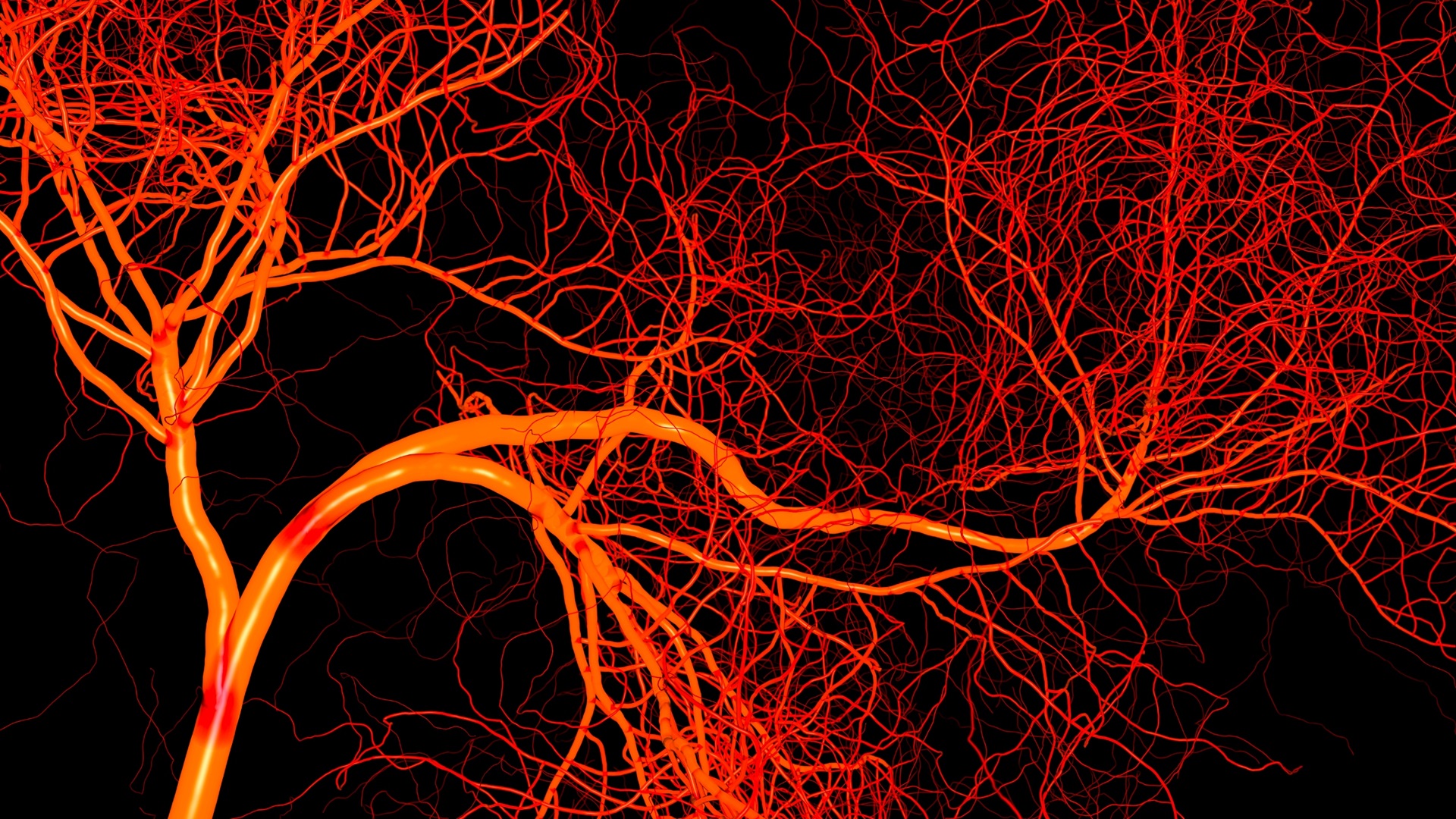Blood cancer is an umbrella term for cancers of the blood, bone marrow and lymphatic system. A new diagnosis occurs every 14 minutes, making it the fifth most common cancer in the UK. It also has the third highest mortality rate.
Despite these statistics, blood cancer receives less attention at a national level than common solid tumour cancers, such as breast, prostate and colorectal.
This is largely because different types of blood cancer are reported on separately. Individually, each causes fewer cases and deaths than blood cancer would overall, masking the disease’s real impact.
Blood cancer poses some unique challenges
Nonspecific symptoms, including unexplained weight loss, bruising and fever, mean blood cancer often goes undiagnosed until it has progressed. Also, while solid tumours have fixed positions initially, blood cancer circulates the body. Some standard cancer treatments – including surgery and radiotherapy – are therefore not suitable.
Undaunted by these hurdles, our scientists are working hard to find better ways to diagnose and treat blood cancer. Their projects span multiple blood cancers, including the three main types: leukaemia, lymphoma and myeloma.
Identifying an untapped vulnerability in leukaemia
A team led by Professor Kamil Kranc, Professor of Haemato-Oncology, has developed a new treatment approach for acute myeloid leukaemia (AML), an aggressive blood cancer lacking treatment options.
In a recent preclinical study, scientists showed that blocking enzymes called PHDs causes protein level changes that stop AML from starting or progressing. They then generated a PHD inhibitor called IOX5, which uses a unique mechanism to selectively block PHDs. The next step is to progress this compound to clinical trials. Encouragingly, existing anaemia drugs that block PHDs have also been shown to be effective, so multiple new leukaemia treatments could be on the horizon.
Focusing on lymphoma at the drug discovery stage
Several of our teams have helped develop a compound with the potential to treat B-cell lymphoma and other cancers. Dr Rob Van Montfort’s Hit Discovery and Structural Design Group first discovered new small molecules able to block a protein called BCL6. BCL6 binds to and helps switch off target genes involved in cell division and cell death, promoting cancer growth.
Professor Swen Hoelder, Head of Chemistry, and his colleagues in our Centre for Cancer Drug Discovery then created a potent compound that binds to BCL6 and tags it for destruction – a process called protein degradation. This compound successfully inhibited lymphoma cell growth. The team now plans to test it in further preclinical studies.
A potentially practice-changing trial in myeloma
Our researchers co-led MUK Nine OPTIMUM, a first-of-its-kind myeloma trial that compared patient outcomes across two clinical trials rather than using a control group. All the patients had ultra-high-risk myelomas, which have certain genetic changes that make them more aggressive.
The first trial, Myeloma XI (MyXI), used the standard of care – a quadruple therapy – while the second, OPTIMUM, tested a combination of five drugs, three of which were not part of the standard treatment.
The study showed that the OPTIMUM participants were, on average, more likely to have a good outcome. At a 30-month follow-up, 77 per cent had stable disease that was unlikely to progress soon, compared with 39.8 per cent of the MyXI participants.
The scientists, led by Dr Martin Kaiser, Group Leader in Myeloma Molecular Therapy, hope the new drug combination can be made available to high-risk patients with myeloma.
A promising future
Although statistics suggest that overall blood cancer survival rates increased by 14 per cent between the 1994–2007 and 2008–2021 periods, some types – such as AML – are still very deadly, meaning much work remains to be done.
Fortunately, cancer research is arguably more dynamic than ever before, with discoveries being made at an unprecedented rate and the understanding of cancer increasing daily.
We remain at the forefront of this research, with our scientific breakthroughs helping develop new diagnostic tests and treatments. We are determined to give blood cancer the attention it needs so that we can improve patient outcomes and save thousands more lives.
Our research is helping more people survive blood cancer. Please make a regular gift today and support the vital work our scientists are doing to defeat cancer.
